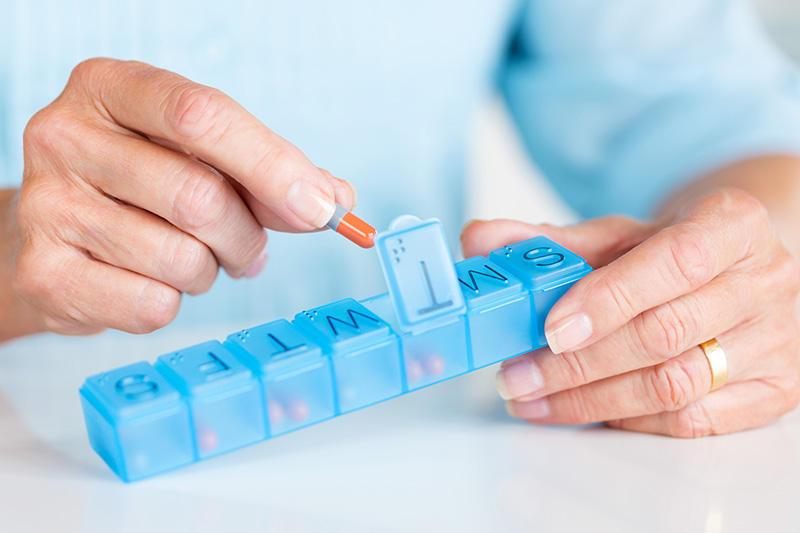Prevention and Treatment of Pericarditis

The goals of treatment include:
- Reducing pain and inflammation
- Treating the underlying cause, if it's known
- Checking for complications
Types of treatment
First, your doctor may advise you to rest until you feel better and have no fever. If your pericarditis is caused by a viral infection, you may be told to take over-the-counter, anti-inflammatory medicines to reduce pain and inflammation. Examples of these medicines are aspirin and ibuprofen.
Stronger medicine may be needed if the pain is severe. Your doctor may prescribe a medicine called colchicine and a steroid called prednisone.
If a bacterial infection is causing your pericarditis, your doctor will prescribe an antibiotic or other medicine. You may need to stay in the hospital during treatment so your doctor can check you for complications.
Symptoms of acute pericarditis can last from one to three weeks. Chronic pericarditis lasts three months or longer.
Other types of treatment
If you have serious complications from pericarditis, you may need treatments that require hospital stays.
Cardiac tamponade is treated with a procedure called pericardiocentesis, in which a needle or tube, called a catheter, is inserted into the chest wall to remove excess fluid in the pericardium. Additional procedures may also be needed to extract the fluid from around the heart. This relieves pressure on the heart.
With constrictive pericarditis, the only cure is surgery known as a pericardiectomy to remove the pericardium. This is only done when symptoms become severe.
Can pericarditis be prevented?
Acute pericarditis can’t be prevented. You and your doctor can take steps to reduce your chance of having another acute episode, complications or chronic pericarditis. These steps include getting prompt treatment, following your treatment plan and getting ongoing medical care as needed.
Living with pericarditis
Pericarditis is often mild and goes away on its own. Some cases, if not treated, can lead to chronic pericarditis and serious problems that affect your heart. It can take weeks or months to recover from pericarditis. Full recovery is most likely with rest and ongoing care, which can help reduce your risk of getting it again.
Learn more: